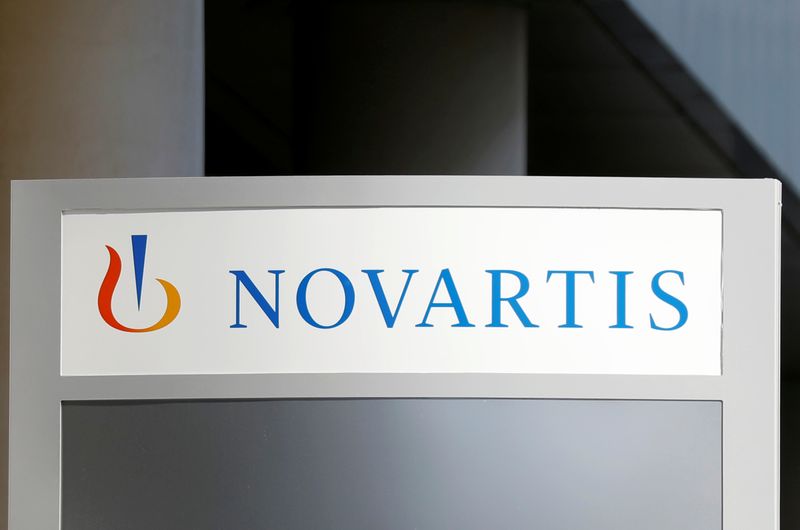ZURICH (Reuters) – Novartis drug candidate asciminib notched a trial win against Pfizer’s Bosulif, the Swiss drugmaker said on Wednesday, as it pushes to expand medicines for chronic myeloid leukaemia in patients for whom other treatments stopped working.
Asciminib produced a major molecular response (MMR) rate at 24 weeks that was superior to Pfizer’s already-approved rival medicine, Novartis said, in a late-stage study of adults with Philadelphia chromosome-positive chronic myeloid leukaemia (CML) who had already gotten at least two so-called tyrosine-kinase inhibitors (TKIs).
People with CML saw treatment revolutionised 20 years ago with TKIs like Novartis’s Gleevec and later other medicines that turned the disease from a death sentence into a treatable condition in which many patients had good, long-lasting responses.
However, many patients may eventually see their disease progress as it resists treatment, while other patients may not be able to continue therapy due to intolerable side effects.
Novartis, with asciminib, is seeking to exploit a new way to combat CML, the so-called ABL myristoyl pocket, that plays a role in patients who fail TKIs, to give them more options and add to its arsenal of blood cancer medicines.
“These results with asciminib are a testament to our commitment to further transform CML care,” said John Tsai, Novartis’s chief drug developer, adding data will be presented at an upcoming conference and shared with regulators.
(Reporting by John Miller; editing by Brenna Hughes Neghaiwi)
























